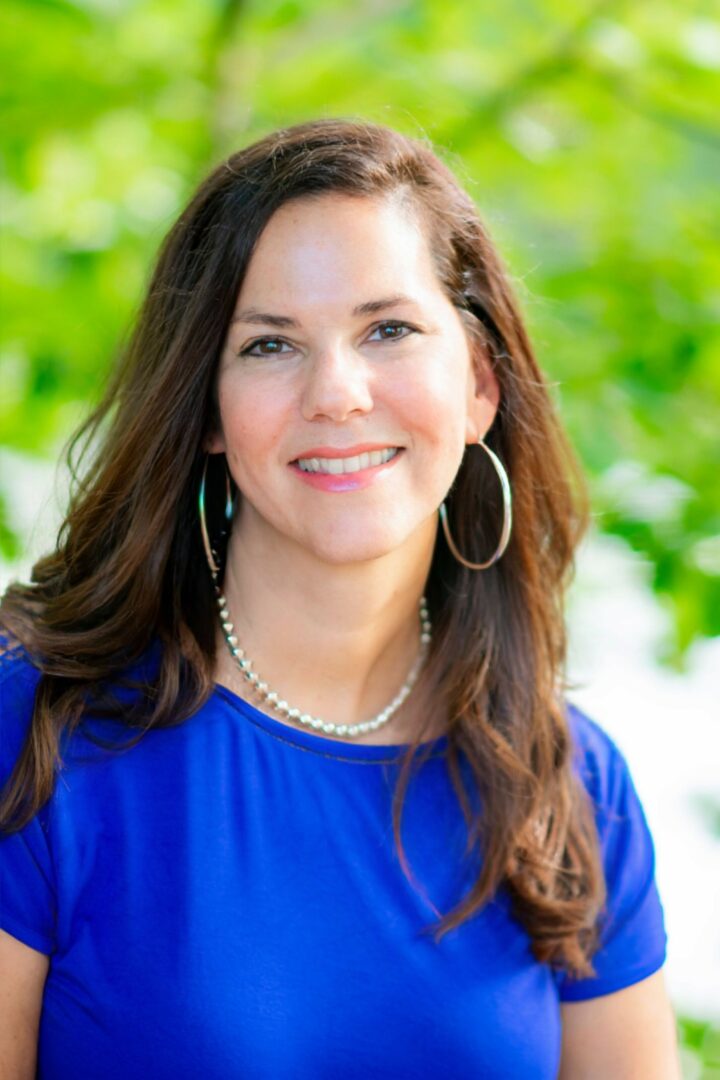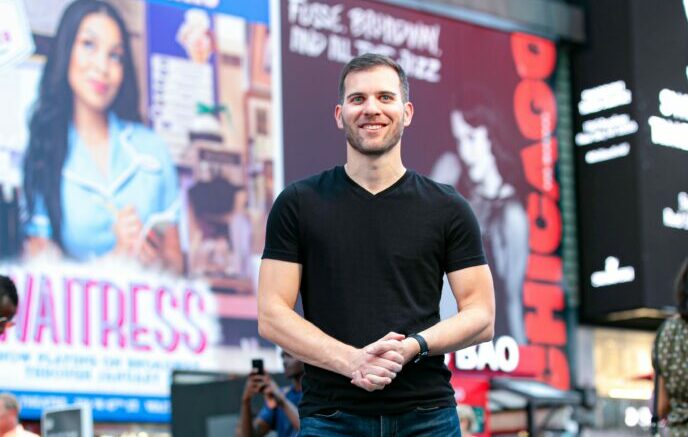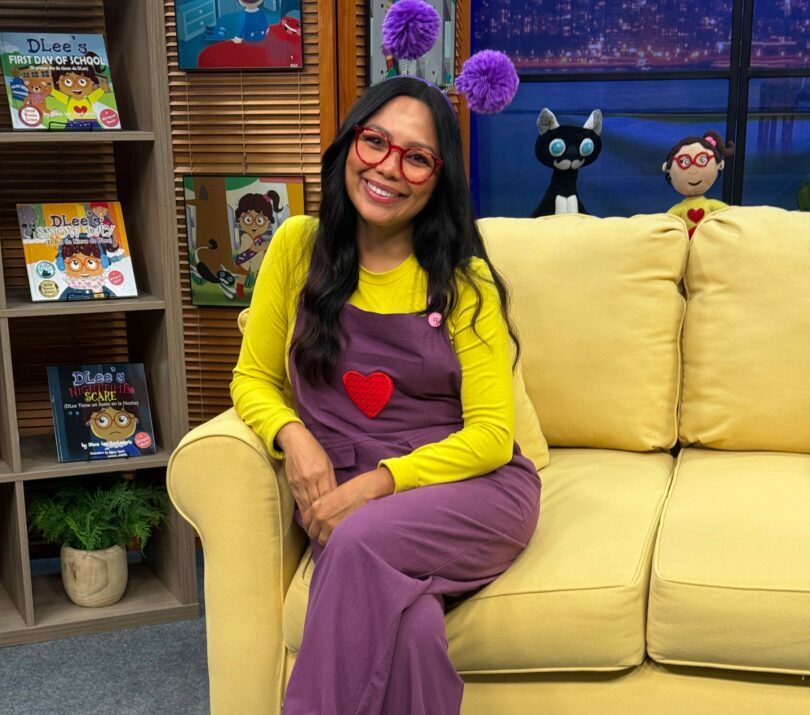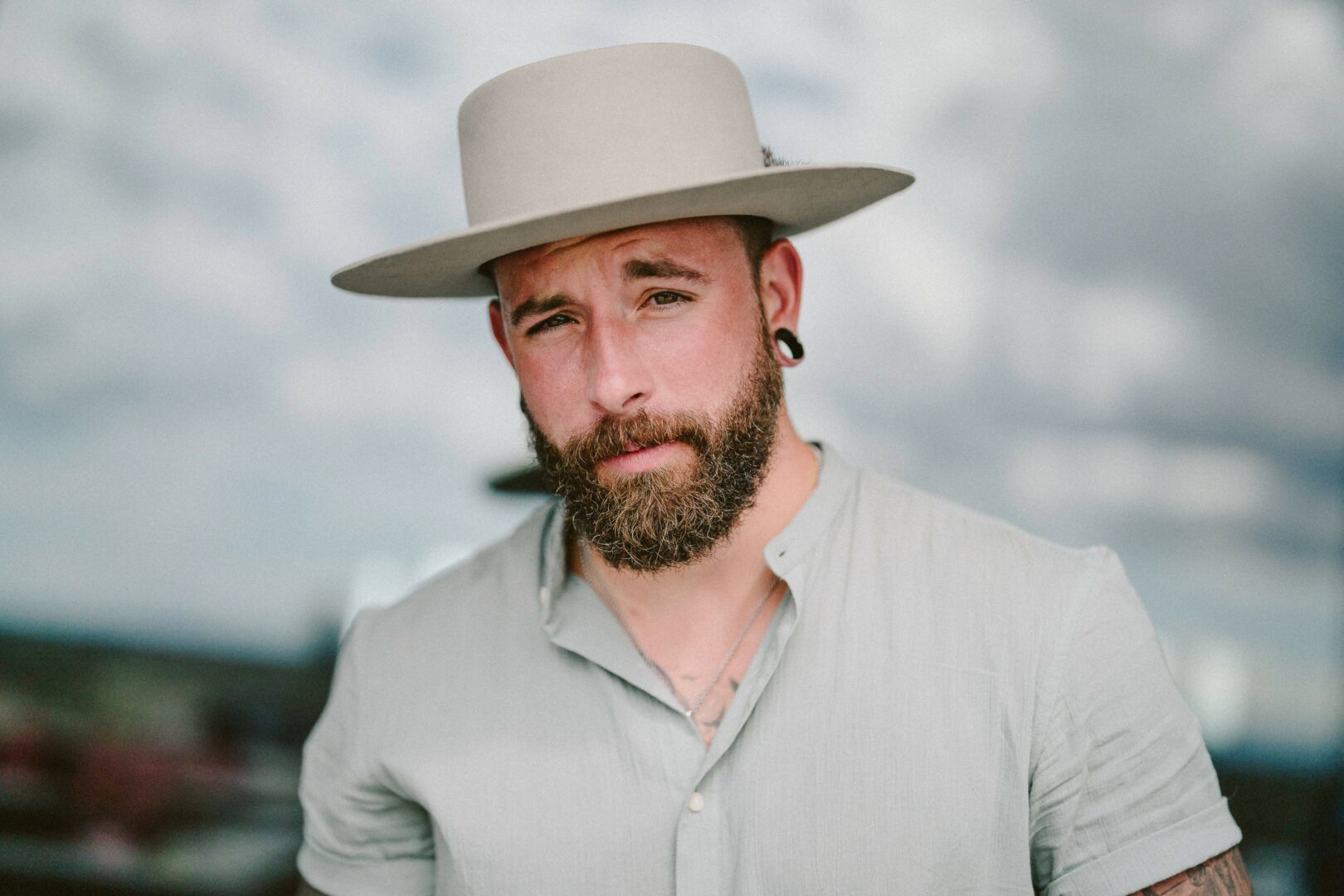Alright – so today we’ve got the honor of introducing you to Kim Gross. We think you’ll enjoy our conversation, we’ve shared it below.
Hi Kim, thank you so much for opening up with us about some important, but sometimes personal topics. One that really matters to us is overcoming Imposter Syndrome because we’ve seen how so many people are held back in life because of this and so we’d really appreciate hearing about how you overcame Imposter Syndrome.
My journey with imposter syndrome started when I was just 10 years old. I auditioned for the lead role of Snow White in a school play, fully believing I could sing and dance. After all, I had spent countless hours performing in my kitchen, with my mother cheering me on, telling me how wonderful I was. In my mind, there was no doubt—I was a singer.
But when I auditioned, my teacher bluntly told me I couldn’t sing and suggested I help with the props instead. That moment was devastating. I felt unworthy, not good enough, and deeply ashamed. As a child, I didn’t have anyone to help me process that experience in a healthy way, to tell me that this rejection didn’t define me. It became a pattern—throughout middle and high school, I found myself sidelined in sports and other activities, reinforcing the belief that I wasn’t good enough.
These experiences created a deep-seated belief that I wasn’t worthy of taking up space, of being in the spotlight. Imposter syndrome is fundamentally a worthiness issue, and for years, I played small. I avoided risks, stayed in my comfort zone, and held myself back from fully living.
Over the last two decades, I’ve done a tremendous amount of inner work—reading, therapy, coaching, and developing my own healing strategies. I had to process and release the past experiences that were trapped in my subconscious and my body.
One defining moment happened during a podcast interview. I was on a panel with two accomplished women—one a lawyer, the other a CEO. I was a stay-at-home mom and podcaster at the time, and I felt like a complete fraud. Midway through the interview, I asked the host if swearing was allowed, and when she said yes, I took a deep breath and admitted, “I feel like a fucking imposter.” That moment of vulnerability shifted the energy of the conversation. Both women confessed they also struggled with imposter syndrome—despite their impressive titles. That experience showed me that imposter syndrome doesn’t discriminate. It’s something even the most successful people battle.
Two major things changed my life. First, I launched my podcast, *Mask Off for People Pleasers and Perfectionists*, where I show up authentically every week, no longer hiding behind masks. I speak openly about my journey, and in doing so, I’ve grown tremendously.
The second was writing my book, *Free to Be: A Pathway to Inner Liberation*. It’s a memoir that shares my personal journey from victimhood to inner freedom. I worked with a ghostwriter, providing 21 years’ worth of journal entries to bring my story to life. In this book, I guide readers on the importance of removing the masks that keep us from being our true selves. Writing it required me to be completely vulnerable, and that was the ultimate test—because you can’t write about authenticity while still hiding.
Imposter syndrome still creeps in at times, but the difference now is that I don’t let it stop me. When fear or self-doubt arises, I remind myself of what I wrote in my book, and I push forward anyway. The key to overcoming imposter syndrome isn’t eliminating it completely—it’s learning to move through it.
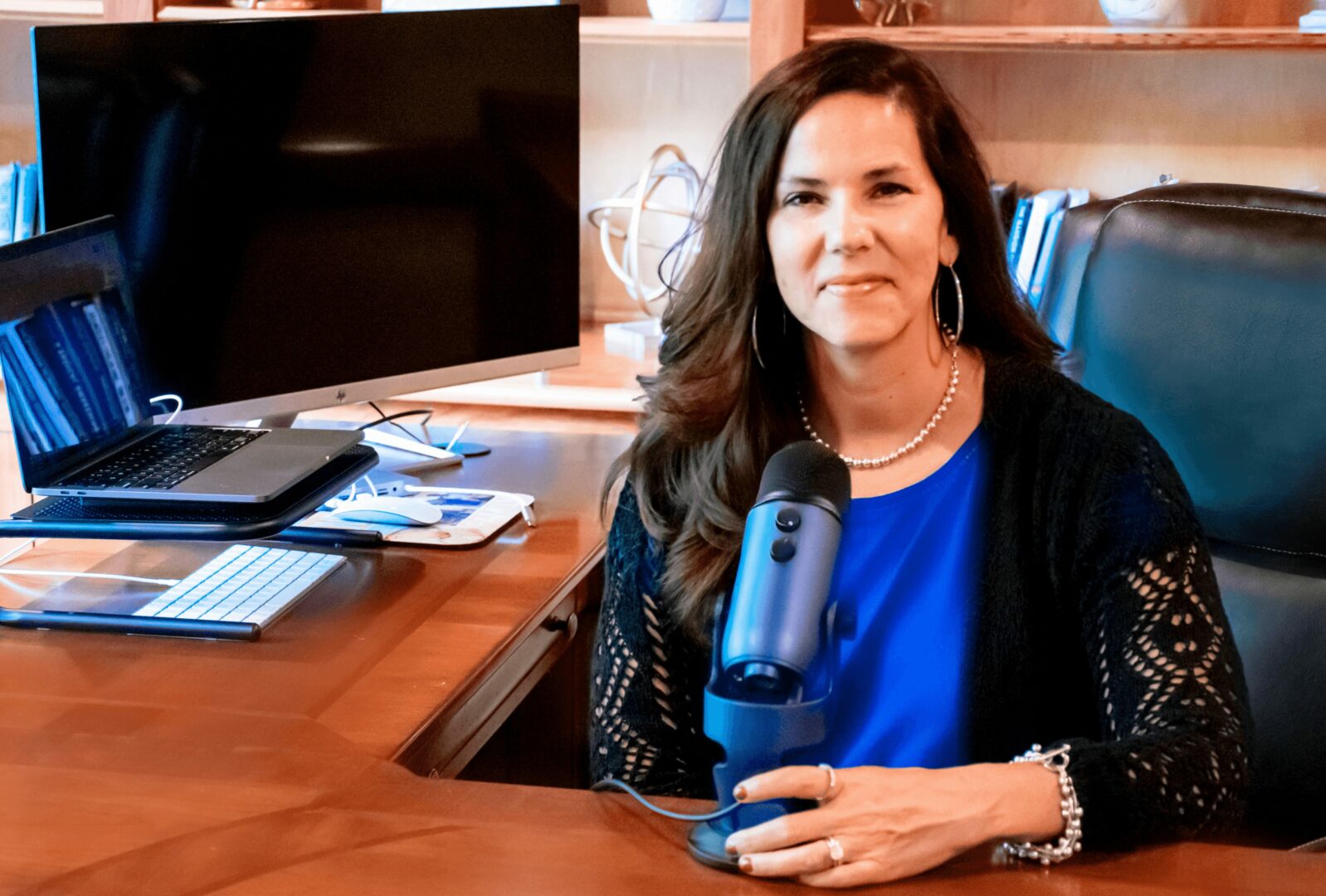
Thanks, so before we move on maybe you can share a bit more about yourself?
My Podcast:
Kim Gross spent much of her life conforming to others’ expectations, losing her sense of self in the process. She developed a habit of wearing masks to please everyone but herself. Now, as the host of the “Masks Off for People-Pleasers & Perfectionists” podcast, Kim helps others discover who they are beneath the masks and empowers them to heal, build meaningful connections, and create the life they truly desire.
Coaching:
Kim is the founder/creator of the 5-Step Power Pathway. She helps people pleasers and perfectionists who have spent a lifetime of perpetual suffering because they have identified with these patterns and she helps guide them on a journey of self-healing so that they can have more meaningful connections and have the courage to create the life they desire.
My New Book:
“Free to Be: A pathway to Inner Liberation ” is a thought provoking and insightful read for anyone struggling with the belief that they were born “damaged, unloveable and just not good enough”. Kim powerfully takes us through her amazing personal journey of recovery and healing from childhood trauma to finding her “true self” . Her style of teaching insightfully and effectively weaves her personal story with the notion that people live out patterns of behavior and hide behind “masks” to protect themselves from abandonment and rejection. Kim’s book is a must read for anyone who wants to find their personal power and positive self esteem and especially for parents raising children.
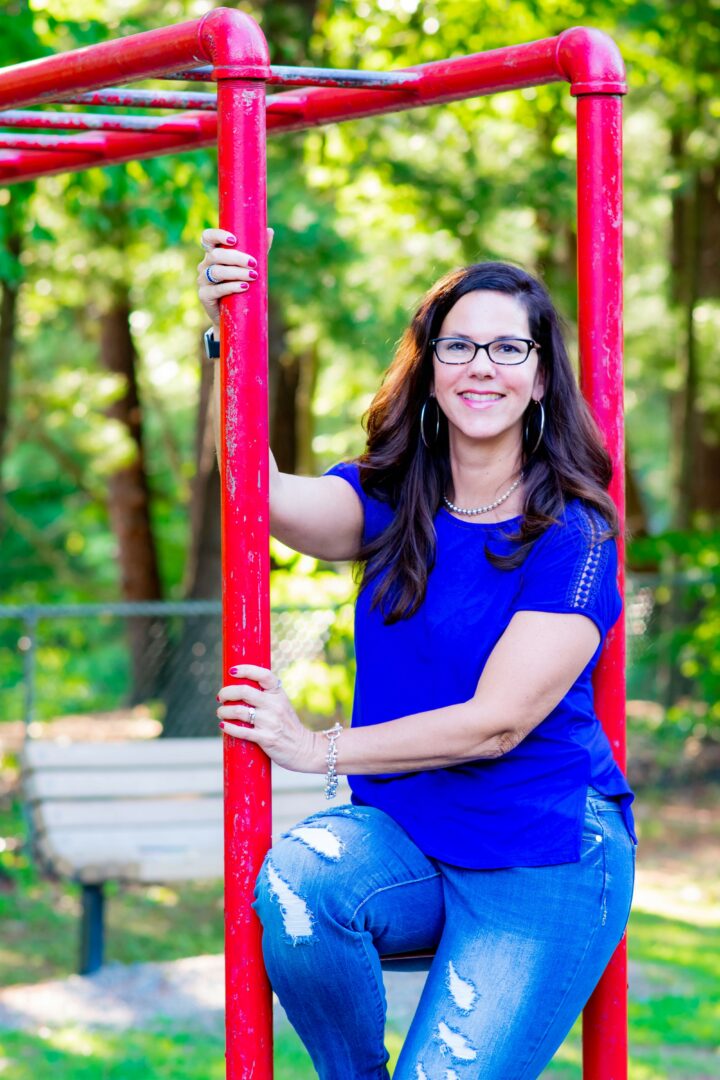
There is so much advice out there about all the different skills and qualities folks need to develop in order to succeed in today’s highly competitive environment and often it can feel overwhelming. So, if we had to break it down to just the three that matter most, which three skills or qualities would you focus on?
1. Improving my self-worth and believing that my worth isn’t tied to external validation.
Advice: Challenge your negative inner dialogue and surround yourself with people that can help raise you up and not tear you down.
2. Resilience: Imposter syndrome often keeps you from taking risks or stepping outside your comfort zone. By working through it, you develop the ability to face fear and keep going despite setbacks.
Advice: Take small, bold actions—apply for the opportunity, speak up in a meeting, or start the project you’ve been avoiding. Each time you push through fear, your confidence grows.
Reframe failures as learning experiences rather than proof that you’re not good enough. Ask yourself, “What can I learn from this?”
Develop a resilience mantra—a phrase like “I can do hard things” or “I’ve overcome challenges before, and I will again.”
3. Authenticity – Showing up as my true self
Advice: Practice vulnerability in safe spaces—share a personal struggle with a trusted friend, write openly in a journal, or express your true thoughts in a low-stakes situation.
Identify and challenge the masks you wear—are you pretending to be perfect? Over-explaining your success? Ask yourself why and work toward letting those go.

Alright so to wrap up, who deserves credit for helping you overcome challenges or build some of the essential skills you’ve needed?
Dr. Shefali has played a monumental role in helping me become the parent that my kids deserve to have. She is a guru on conscious parenting which essentially means that we raise the wounded child within. As a result of doing my inner work to heal and to take ownership for my patterns when they show up with my kids allows me to pause and shift that pattern and show up in a more conscious way. My kids are twenty-five and twenty-two and I stared this work when they were thirteen and ten. I am forever grateful for Dr. Shefali.
Contact Info:
- Website: https://www.kimgrosscoaching.com
- Instagram: https://www.instagram.com/kimgrosscoaching/
- Facebook: https://www.facebook.com/kim.gross.104
- Linkedin: https://www.linkedin.com/in/kim-gross-63969b1b0/
- Youtube: https://www.youtube.com/channel/UCaWJfO7ZFd4aYBX3e-clj9Q
- Other: https://www.amazon.com/Free-Be-Pathway-Inner-Liberation/dp/B0DHJ2SZ69
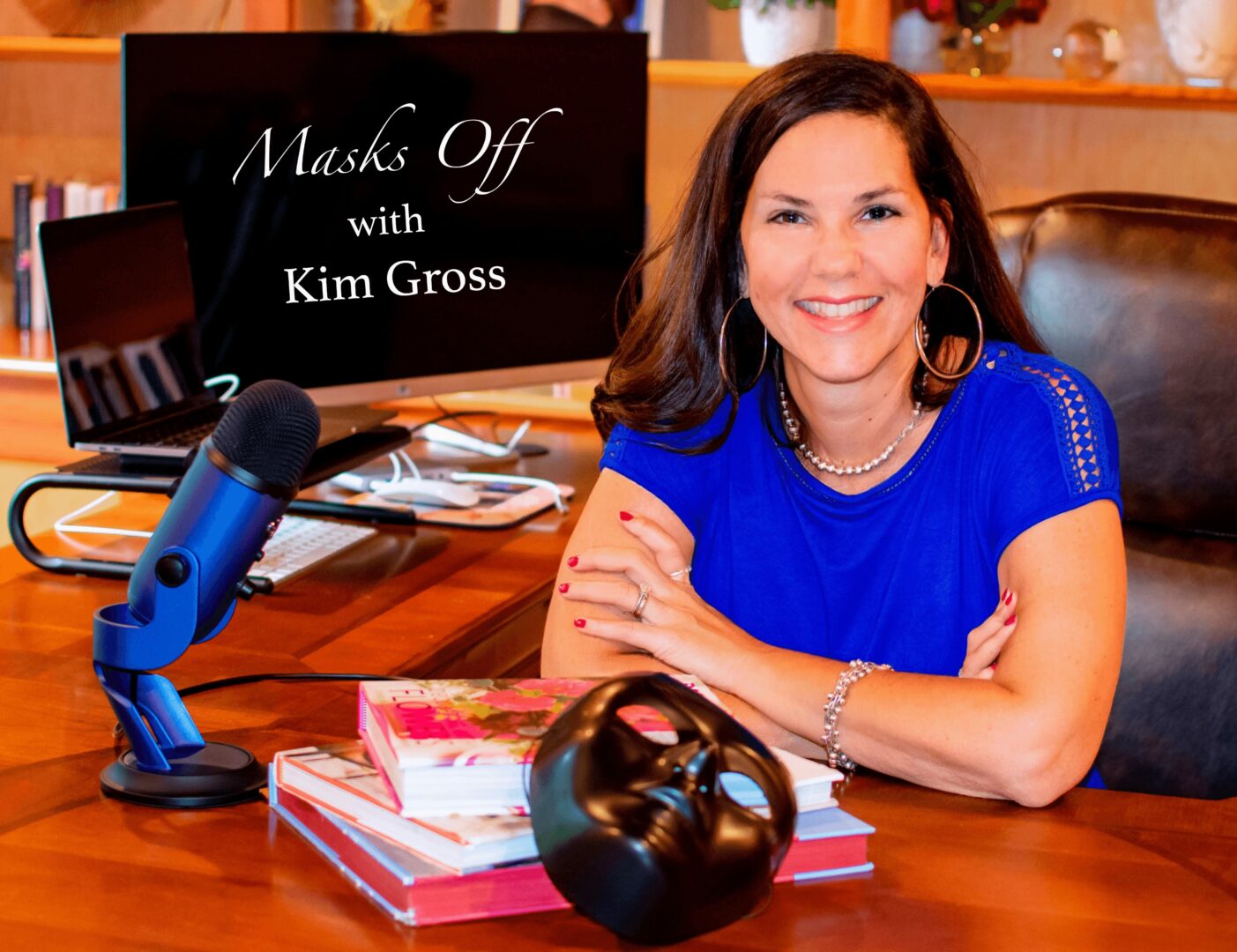
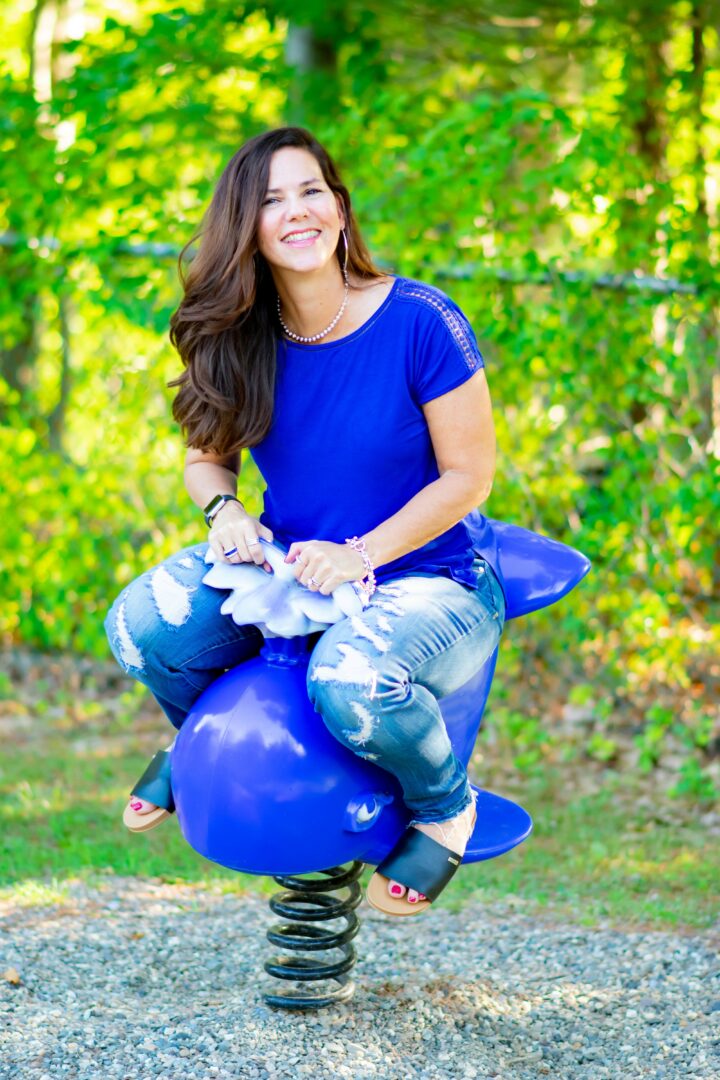
so if you or someone you know deserves recognition please let us know here.

